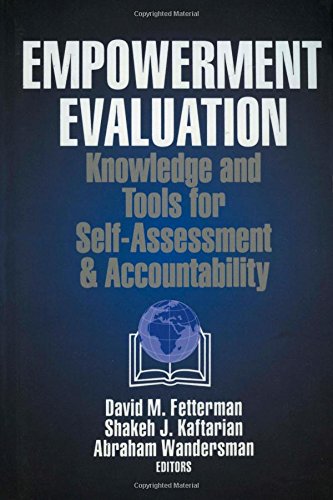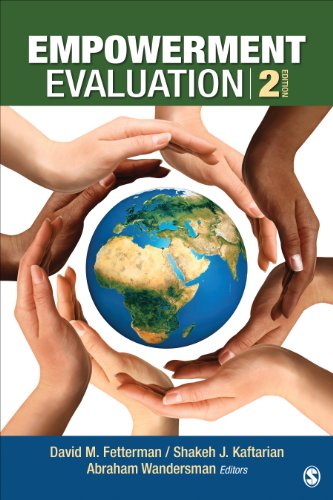
This outstanding group of evaluators from academia, government, nonprofits, and foundations explores empowerment evaluation, a method for using evaluation concepts, techniques, and findings to foster improvement and self-determination.
Empowerment Evaluation begins with an in-depth examination of this type of evaluation as it has been adopted in academic and foundation settings. The book then focuses on the various contexts in which empowerment evaluation is conducted, ranging from resistant environments (in which significant effort is required to move from passive-compliance orientations) to responsive environments (that already have a tradition of self-determination and community organizing). Interesting highlights concerning the role empowerment evaluation has played in the U.S. Department of Health and Human Services’ substance abuse prevention programs are detailed throughout the book. The contributors also provide down-to-earth tools and technical assistance needed to conduct empowerment evaluation. This volume concludes with themes that emerge from the chapters and recommendations concerning next steps. This serves to strengthen the links between empowerment evaluation and community capacity building.
empow
Product Features
- Used Book in Good Condition

